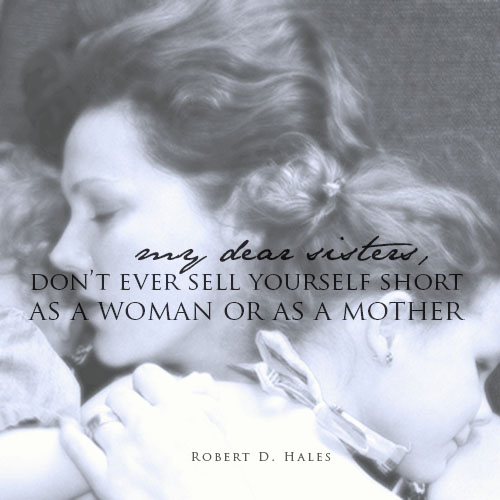The Deseret News has reported that studies show a clear discrimination in the workforce against women with children. While employers consider it to be a positive aspect if a man has children, it is considered a negative for a woman employee to have children. Tests have shown that when women with identical education and job skills apply for identical jobs, the ones who are not mothers are more likely to receive interviews and offers. Those mothers who are hired are offered lower salaries than men with children and women without children. Women who take time off to raise their children have a particularly difficult time overcoming the obstacle of their decision to put their children first for a time.
Workforce Discrimination Against Mothers
 The study was done by Cornell University professors of sociology Shelly Cornell, Stephan Bernard and In Paik. In a lab setting, they gave employers two resumes from women who had identical skills and experience, but differing parental status. They were asked to select one for entry-level professional positions. Employers rated the woman with children as being less committed to her job and even less qualified—without having met or interviewed the women and despite the clearly identical qualifications on paper. Women without children were 1.8 times more likely to receive a recommendation for hiring, and if hired, were given lower salaries than the non-parental women. The study showed that men received the reverse treatment—being a father was considered a bonus that made a man more committed to his job.
The study was done by Cornell University professors of sociology Shelly Cornell, Stephan Bernard and In Paik. In a lab setting, they gave employers two resumes from women who had identical skills and experience, but differing parental status. They were asked to select one for entry-level professional positions. Employers rated the woman with children as being less committed to her job and even less qualified—without having met or interviewed the women and despite the clearly identical qualifications on paper. Women without children were 1.8 times more likely to receive a recommendation for hiring, and if hired, were given lower salaries than the non-parental women. The study showed that men received the reverse treatment—being a father was considered a bonus that made a man more committed to his job.
When the researchers took the experiment into the real world, sending these resumes to actual companies, the results were even more dramatic. Women without children received 2.1 times more callbacks from their resumes than women with children. Men with children received 1.7 times more callbacks than men who did not have them.
In addition to simple discrimination, women returning to the workforce after taking time off to raise their children are often told their skills are too outdated, or they may face age discrimination. Many people today are skeptical of anyone who has been unemployed for any time at all. These all create limitations for women who want to give their child or children the benefit of mom always at home while they are young, but who then wish to return to work.
Overcoming Discrimination When Returning to the Workforce
It is important to remember that it is illegal for an employer in the United States to ask about parental status, and prospective employees do not need to volunteer the information. That said, many employers today review a person’s online and social media presence, and marital and parental status may be revealed there. However, job seekers should not include this information on resumes or discuss it in an interview without considering how to word it so as to not reveal that you have children still in the home.
While at home, women can keep their skills updated. Even a half hour per day spent working on essential job skills, reading industry publications, and keeping up with current developments can make it easier to return later. You will need to be able to show you are current in the field, even if you have not worked in it recently.
It is also important to continue the networking process by attending school reunions, joining networking groups (and not bringing children to meetings), and staying in touch with former coworkers or managers.
Many women discover during their time away that their interests change. They develop new interests and hobbies, often as a result of helping their children learn something. Parenting brings with it new skills and priorities as well. Women returning to the workforce should recognize that they have the option of starting a new career. It may be related to something they’ve done before or it may be entirely new. While at home, they can begin to build credentials in small ways and to develop contacts in the field.
Self-employment is an option many women at home select as a way to remain in the home while bringing in income. When you’re ready to return to work, that small business can become a full-time business or it can provide a way to explain your absence from the workforce without mentioning children. No one will know you worked at your home business just a few hours a week. Registering the business, creating a website for it, and keeping up your LinkedIn profile will lend credibility to your claim of self-employment, since many employers will research to see if you appear to have really been self-employed.
It is helpful to begin to think about how to make a re-entry early in your parenting years so you can begin to build your re-entry platform. You may change directions from time to time, but a plan keeps you moving forward should you decide to return to work someday.
Read more about how the workforce treats mothers.
